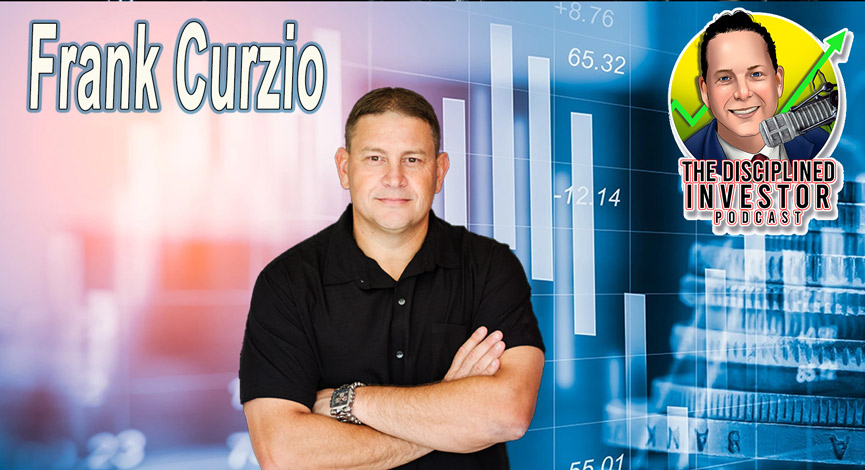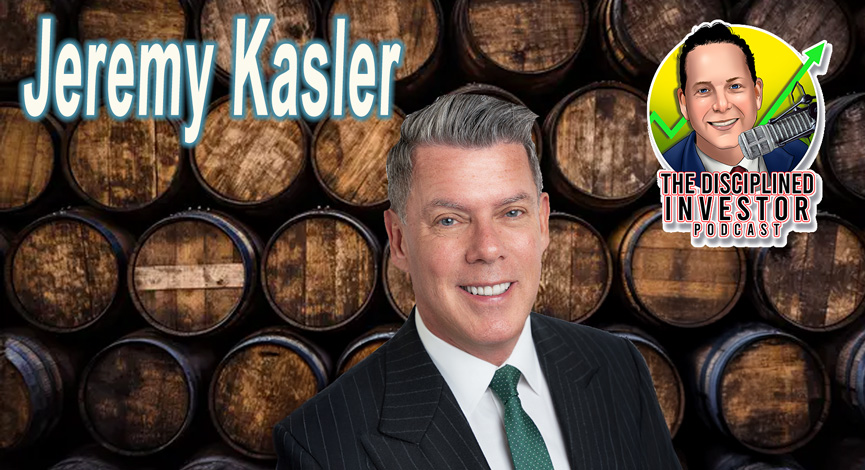(This was sent in by client, “Dr. M”)
Ruth is the proprietor of a bar in Chicago. In order to increase sales, she decides to allow her loyal customers – most of whom are unemployed alcoholics – to drink now but pay later.
She has the good sense to keep track of the drinks consumed, with the help of an expensive point-sale-software program paid for by an SBA loan. These are carried on the books as “customer loans”.
Word gets around, and new customers flood into Ruth’s bar.<!–more–>
Taking advantage of her customers’ freedom from immediate payment constraints, Ruth increases her prices for wine and beer, the most-consumed beverages. Her sales volume increases massively.
A young and dynamic customer service consultant at the local bank recognizes these customer debts as valuable future assets and increases Ruth’s credit limit.He sees no reason for undue concern since he has taken an assignment of the debts of the alcoholics as collateral.
At the bank’s corporate headquarters, expert bankers transform these “customer assets” into DRINKBONDS, ALKBONDS and PUKEBONDS. These securities are then traded on markets worldwide. No one really understands what these abbreviations mean and how the securities are guaranteed. Nevertheless, as their prices continuously climb, the securities become top-selling items.
One day, although the prices are still climbing, a risk manager (subsequently fired due to his negativity) decides that the time has come to demand payment of the debts owed by the patrons of Ruth’s bar. However, very few are able to pay back the debts and Ruth becomes unable to keep up her loan payments. Within a short time she files bankruptcy.
DRINKBOND and ALKBOND drop in price by 95 %. PUKEBOND performs better, stabilizing in price after dropping by 80 %.
The suppliers of Ruth’s bar, having granted her generous payment terms, are now in trouble. Her wine supplier claims bankruptcy; her beer supplier is taken over by a competitor.
The bank gets saved by the Government following dramatic round-the-clock consultations between leaders of the governing political parties.
The funds required for this purpose are obtained by taxes levied on the non-drinkers.
















